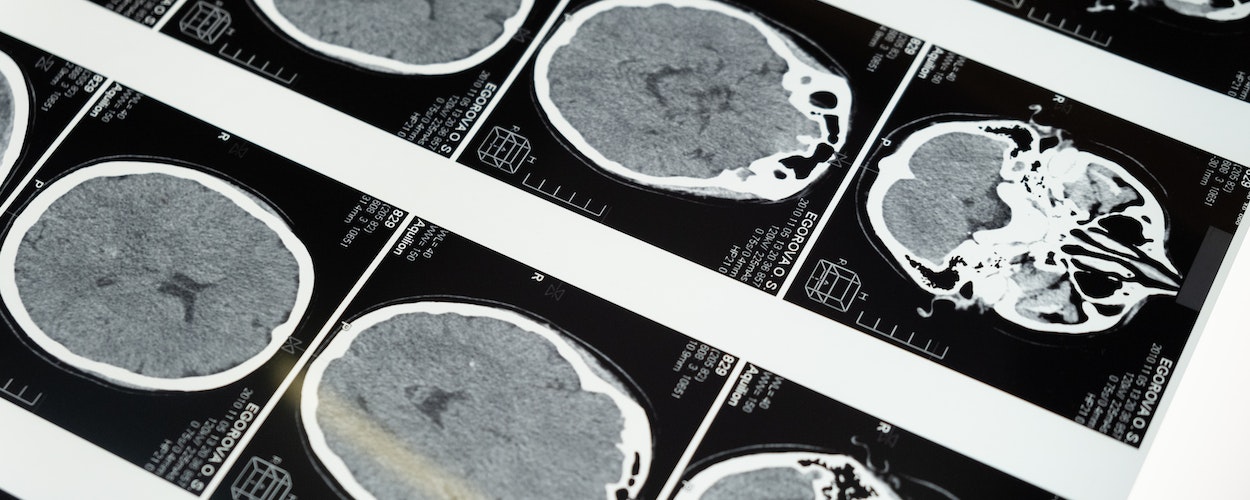The £400 smart home technology that helps prevent falls and detects early signs of cognitive decline
The University of Pennsylvania has developed a system called Sense4Safety, which uses depth sensors and “silhouette extraction” technology to monitor the movement of people in smart homes. The £400 system tracks a person’s gait to detect any changes in walking speed, stride length, and the time it takes to stand and move a certain distance. The focus of the project is to prevent falls among people with mild cognitive impairment (MCI), who are at an increased risk. The technology has the potential to detect early signs of brain decline and help people stay independent for longer.
According to Professor Demiris, who led the research, if the technology were to be implemented, it could allow healthcare professionals to detect and intervene when patients or residents are becoming more unstable. “Ultimately it would be great if it was a choice for people to activate this in their own homes as a safety net for fall prevention, and it could be available in every home,” he said ahead of his presentation at the AAAS Annual Conference in Washington DC.
The technology would allow for an individualized fall risk score to be calculated and for the system to alert others to provide help if a fall occurs. “We found that the technology correlates well with an expert clinical assessment,” Prof Demiris added.
The researchers believe that the smart home system would be more effective than wearable devices, which rely on individuals remembering to wear and charge them. The sensor boxes would be installed in the home and running full-time, eliminating the need for the individual to remember to use them. The team stated that one box per home would be enough for gait tracking, but several could be installed in different rooms to detect falls throughout the household.


